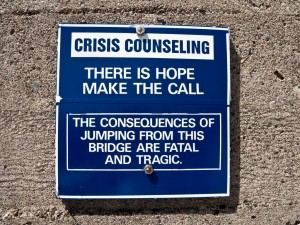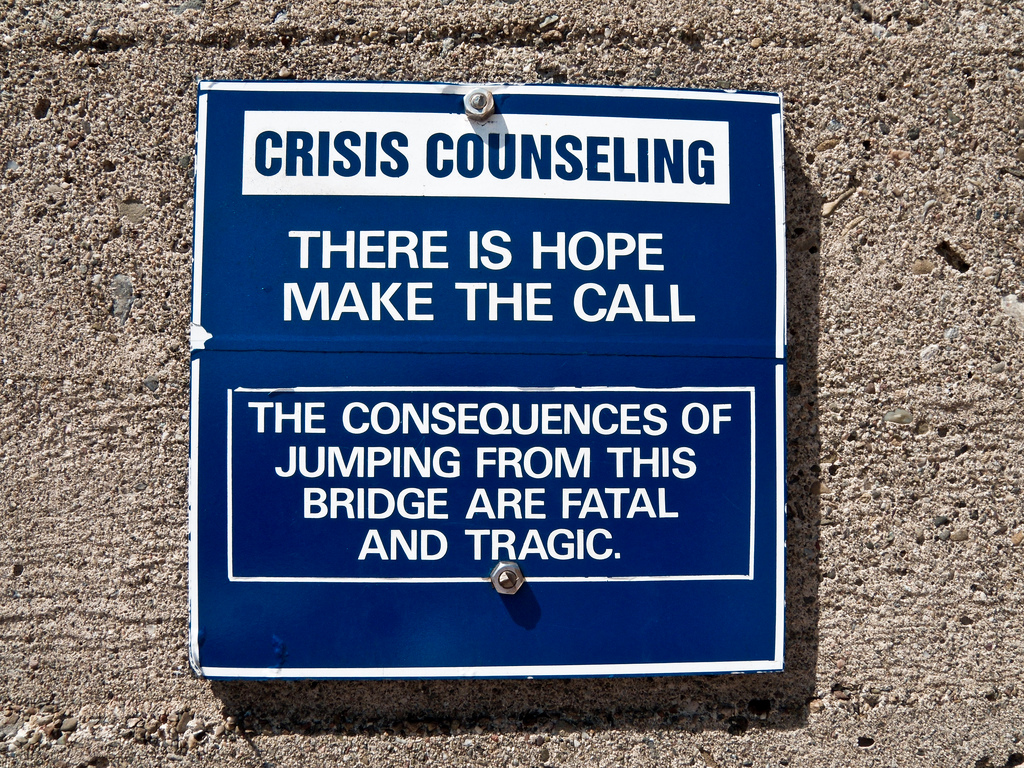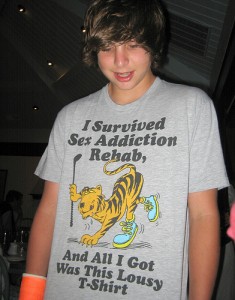 What’s The Deal with the Rock and Roll Club 27 – Vol. 226, November 21, 2013
What’s The Deal with the Rock and Roll Club 27 – Vol. 226, November 21, 2013
I read about the Club 27 in the USA Today of November 13, 2013, written by Korina Lopez. Ms. Lopez reviewed the book 27: A History of the 27 Club by Howard Sounes. She agrees with Sounes’s observation that all six of these 27 year old rock icons had very difficult childhoods. All of them had been doing drugs since their teens, while showing signs of mental health disorders at very young age. Rolling Stones guitarist Brian Jones and Janis Joplin both suffered from bipolar illness. Jim Morrison and Kurt Cobain were noted to have been obsessed with suicide and Amy Winehouse had a history of harming herself.
I found this article very upsetting realizing how young these talented musicians were when they died, being 52 years old myself. I asked myself the question, why it is that people who were so clearly having a very difficult time emotionally never received the professional help required to stop them from ending their lives so young? This is especially upsetting with the more recent deaths, because we understand so much more about what mental illness is and how to treat it. These rock stars had plenty of money and most likely access to many high-end professionals from whom to receive help. Yet, each of them ended up dead by the age of 27, Cobain being the only one who took his life by shooting himself.
If the wealthiest people on the planet are unable to get help when they have obvious signs and symptoms of mental illness, is it any wonder that so many less financially well off people never get treated? Paradoxically, there are many people being drugged up on prescription medications that are totally unnecessary. I would place the grand majority of “normal” kids placed on amphetamines because they are normal active kids who would rather be running around exploring their worlds then be stuck sitting at desks all day listening to their teachers and working on assignments. I would add all those who are placed on psychotropic medications because of some feeling that they may be depressed, because it is easier to hand out pills which the patient is most likely looking for then finding out what is the true cause of the so-called depression and/or anxiety.
Look, I don’t have an issue using prescriptions if they are necessary. If it weren’t for the lithium I was on for the 14 years I was under psychiatric care for bipolar, I too could easily have been dead, in jail or homeless. However, in this day and age it is too easy to place people on medications without finding out what the true issues are on the one hand, while on the other hand, people who are acting out all over the place, with acts of desperation are left to their own devices to kill themselves.
Our society has to get a better handle on how to intervene when it is needed and stop intervening when it isn’t. How do you know the difference? Easy. If someone is telling you that they would rather be treated in a different way then perhaps that person ought to be heard. If someone else is out of control, unable to articulate what is going on with them in any rational manner, that person is a person who most likely needs to have some sort of mental health intervention.
I ask you to care enough about your loved ones to intervene if it seems to be the appropriate thing to do. Your loved one may not appreciate it and be pissed off with you for doing so. However, I can tell you of a client of mine that I had several years ago who was found in the act of trying to kill herself with the carbon monoxide of her car by her sixteen year old son. He got her committed and saved her life. She was very upset with him at the time. However, the rest of her kids and her husband are very grateful for his bold action.
My best childhood friend, Spencer, wasn’t as lucky. He was found hanging in the church where he worked with teens as their youth group leader. He was 39 years old at the time. I found out about his death on the day of his funeral – not a very good time to find out about such a sad event. There certainly was no way that I could ever make it to his funeral being a few hundred miles away. Since finding out about Spencer’s death, I have dedicated my practice to his life, this being the only thing that I could do.
When I looked through my high school year books, it was obvious that Spencer was very overwhelmed with all the things that he thought he had to do: being on the diving team, on the track team, getting great grades and doing all those things that he thought was expected of him. The writings that he left in both my junior and senior year books were very long in tiny writing explicitly stating the emotional pain that he was in. However, back then I was just a kid and didn’t have any idea what all that writing meant. Now, as an adult, and certainly after being treated for my own bipolar it is glaringly obvious that Spencer was having a very difficult time from a fairly early age. During that time he put on a “happy face” and played the game he was supposed to play. When he got away from home and got to college he was acting out quite a bit from his own reportage to me at the time. Even then, I really didn’t understand it, being about 21 years old, however years later things started to make more sense and even still I am uncertain he ever received any treatment for what I would consider major depression. His loss was a huge loss even though we had lost touch about 5 years before his death.
So, I ask of you to take the steps that you feel are warranted if anyone near to you is acting out: by drinking alcohol all the time as was the case with my past client or doing drugs as Spencer said he was doing while in college, demonstrating huge mood changes, speaking about people watching them, or someone who is very easily triggered by something you say or do. These are all indications that someone may be having a difficult time coping. Certainly if someone is stating that they would be better dead then alive, or does as one of my past neighbors did in cutting her thighs in her bathtub with a razor blade – these are serious acts that need to be attended to in a serious manner. Please don’t play Russian Roulette with your loved one’s lives, being fearful of their being upset with you. If someone is having a difficult time, the best thing you can do is make sure they get the treatment necessary.
If someone is just stating that they are frustrated and can’t stand their job any longer – well then perhaps a change would be helpful, perhaps a lateral move if possible. If someone is in an abusive relationship, especially if it is more subtle where access to friends and family is being restricted, it is time to leave. Situations that are problematic can be dealt with in a much less invasive manner. It all depends on the specific situation.
Listen, observe and then do what you can to help your loved one. However, even with that, if your loved one is unwilling to get the help they require and they are of age, there is really not a whole lot one can do unless they are of harming themselves or another at least here in the state of Massachusetts – that would earn them a psychiatric hospitalization.
At least by taking appropriate action you know that you did the best you could. With that, it is out of your hands because we really can’t control another human being. All you can do is take the appropriate action and hope that your loved one will do what is needed be become healthier and happier.

Sign Up Now for your Free 1/2 Hour Consultation
If you have found this website helpful and informative and either you or someone you care about has an issue that might need clearing. Then Suzanne would like to invite you to experience a 1/2 hour free no obligation consultation via phone or Skype. Suzanne has successfully helped people all over the world, why not give her the chance to help you. Get the facts about your personal situation from a caring professional source and change your life for the better today!
Sign Up Now for your Free 1/2 Hour Consultation


Pingback: Mental Health E-Books